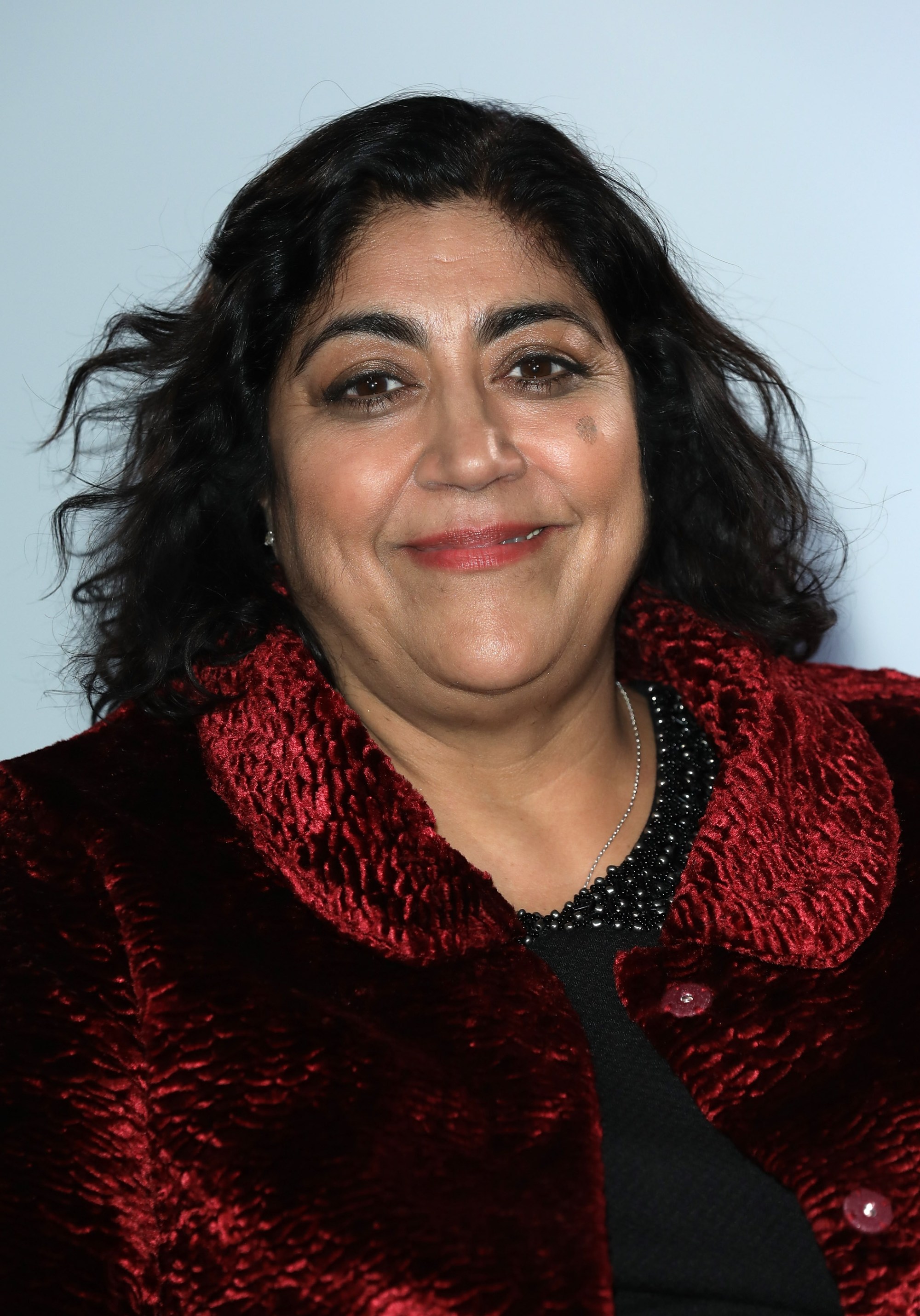
- Interviews
HFPA in Conversation: Gurinder Chadha, Pushing the Envelope
Writer-director-producer Gurinder Chadha wants the world to be a better place. That comes across in her movies: Bhaji on the Beach, What’s Cooking?, Bend it Like Beckham, Bride & Prejudice, Viceroy’s House and in her latest, Blinded by the Light. They’re not necessarily easy to categorize but they touch hearts. “I find that people are always trying to put me in boxes and I’m always trying to break out and say no, I’m bigger than that,” she tells HFPA journalist Meher Tatna at Four Seasons hotel in Los Angeles.
The British filmmaker of Indian descent was born in Nairobi, Kenya and moved with her family to London when she was two years old. “My life growing up was very happy. I loved school, but I did understand and appreciate that I had my Indian life with my family and then I had my English life with my friends. It was never a problem for me because I happily went between the two but I think growing up it was a problem for other people and a lot of other people, teachers, for example, would say things like oh these kids are confused, they have an identity crisis. I always thought that was weird because I was, no, no, I know who I am and I know that I’m obviously not going to speak Punjabi with my English friends but I will with my friends at home.
Besides happy memories, there was also racism and prejudice when she was growing up. “There were horrific things on TV that we’d see in terms of speeches by Enoch Powell and there was the rise of the right-wing, the National Front, which I document in Blinded by the Light. The National Front was very scary because they did feel that they could just march in any immigrant area and take it over. They came to Southall where I grew up and said they wanted to march down the street and for the first time the Asian community said no, you’re not going to do that, this is our territory.”
Her generation of Asians fought against that. “There was a massive riot actually in the street.”
Her upbringing inspired her to try to change the world. “I did start as a journalist. I thought that as a BBC reporter I was going to change people’s minds. I was going to tackle racism and tell our stories, so I thought that’s the way to do it. I had no plans ever being a film director, I didn’t go to film school, I didn’t know directors looked like me.”
She made a short film, I’m British But… Ever since most of her movies deal with immigrant experiences. “That’s when I realized the power of storytelling when you’re what many people see as the other. So my quest was to carry on making films by putting people that looked like me in the center of the frame as opposed to on the margins because we were either on the margins or we were absent from cinema frames.”
After Viceroy’s House, she questioned her path.“When I made that film I asked myself, why do I keep doing this, why do I keep trying to tell these stories that people don’t want to finance, people don’t necessarily want to distribute? I’m always trying to tell our story from our point of view, I’m always trying to put Asians on the screen for representation. I’m always trying to push the envelope to where the industry doesn’t want me to go. I would have had a much easier time if I’d just done regular Hollywood movies as a director.’
Her movie Bend it Like Beckham was nominated for a Golden Globe in 2003.
Listen to the podcast and learn when she went to clubs to listen to Bhangra music; how long she has been a Bruce Springsteen fan; how she has shown, in her short movie I’m British But…, that skin color doesn’t identify a person; why she packed every Asian taboo into her first feature film Bhaji on the BeachWhat’s CookingBend it Like Beckham touched so many people; whether David Beckham really has a cameo in her movie; how Bend it Like Beckham affected David Beckham’s career in the United States; how she learned that Bride and Prejudice was the number one sleepover movie for young girls in the United States; how Prince Charles influenced Chadha’s movie Viceroy’s House, which takes place in 1947, the last days of British rule in India and when Pakistan was established; how the new political situation affected her grandmother; why she wants to bring harmony to the world; how was it making a movie from a boy’s point of view in Blinded by the LightBlinded by the Light and what was Bruce Springsteen’s reaction to the movie; how was her experience of receiving Order of the British Empire given by the Queen of England; and what kind of movie she would like to direct now.

